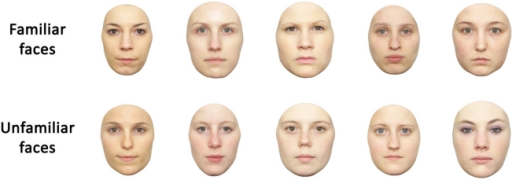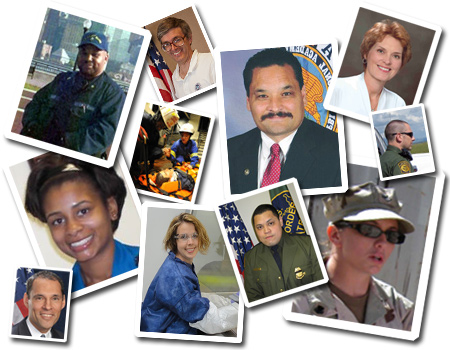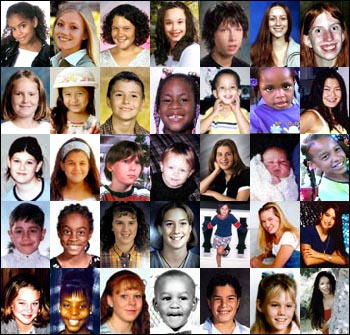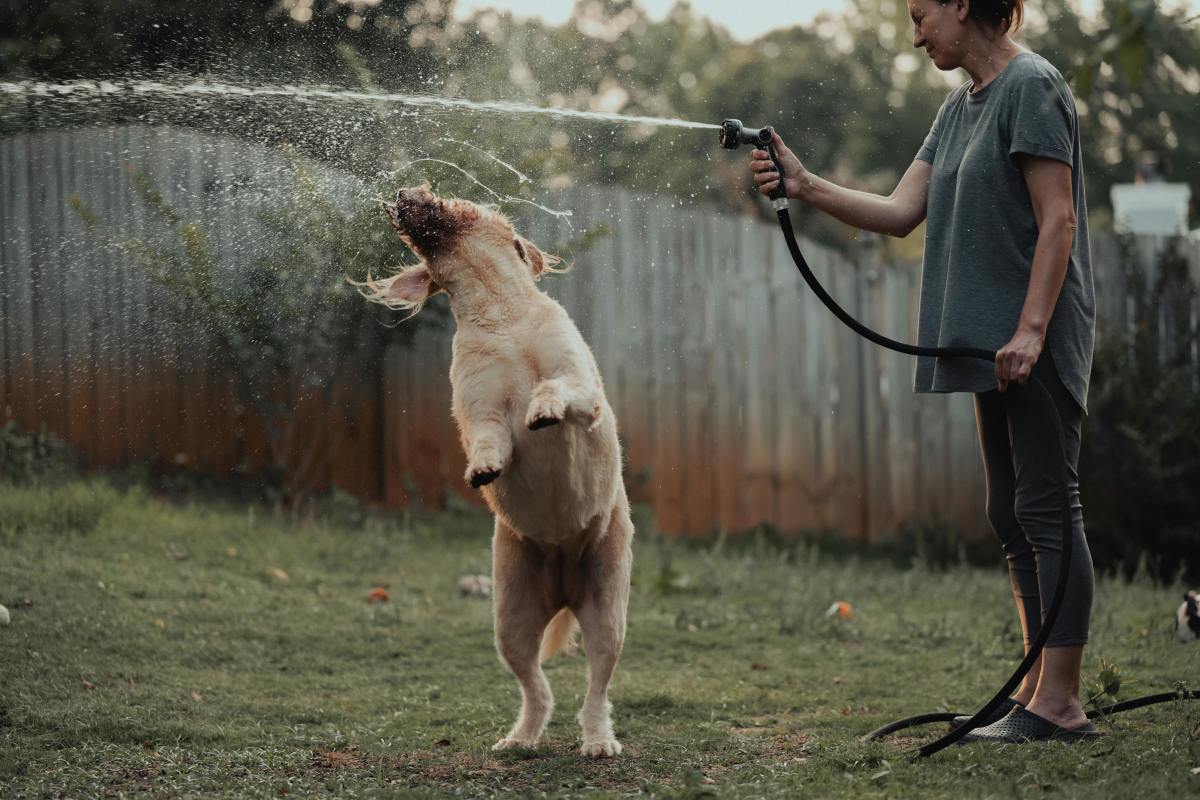Remembering Faces and Names
How Do We Recognize a Familiar Face?

What Does Our Memory Do With Faces and Names?
Our brains naturally store visual information like faces, than a person’s name. The ability to remember faces as opposed to names puts different demands on the brain. Remembering faces and names is governed by totally different cognitive processes.
What does our memory do with faces and names?
Neuroscientists know that a part of our brain is dedicated to recognizing faces. This section of the brain is called Fusiform Face Area, located in the temporal lobe.in the area approximately behind the ears. Some people who have a brain injury or a stroke to this part of the brain will not be able to recognize people’s faces, even if their vision is perfectly fine. The inability to recognize faces is called prosopagnosia, or face blindness, and can even be caused by an inherited condition. It may affect as much as 2.5% of the population.
Face Recognition

Our Brain and Recall
People are designed to recognize and see faces. We all know about the man in the moon, or how many of us have seen faces in clouds or rock formations or even in a potato chip. This is because our brain naturally looks for faces.
Neuroscientists also know that we don’t have a specialized part of the brain to remember names. There are regions of the brain that are dedicated to recalling words and names are equivalent to words. If a person gets a brain injury in this region, they would end up struggling to find names for people and things.
The ability to recall faces and remember words are part of two different psychological processes, that of recognition and recall. There is a big difference in the memory tasks that are involved in face recognition compared to remembering names. When we see a face, our mind either recognizes the face or doesn’t. It boils down to a simple yes I have seen this face before, or no I haven’t.Remembering someone’s face is part of our visual data.
When we need to recall someone’s name, it is not a matter of yes or no Auditory data is more difficult for our minds to store.
When we have to recall their name by retrieving the information, it is a harder psychological and cognitive task. So the next time you have difficulty remember someone’s name, you might be more forgiving of yourself. The best way to help yourself remember someone’s name is to repeat their name and make an association or an image in your mind with their name. Building a mental image will help you recall their name the next time you encounter them.
Memory
How Well Do You Remember People's Faces?
Evolution and Face Recognition
It is believed that there may be an evolutionary basis as to why we can more readily remember faces than names. First of all, our ability to process information visually developed long before language did. It was sight that helped our ancestors discriminate between friend and foe, those who were part of the tribe, and outsiders, and who was our family and who they were closely connected to. Language developed much later in primitive man.
It is an important social skill to be able to recognize faces. Facial recognition is hardwired within us Not everyone is equally good at remembering faces. We all have a unique way to perceive faces. When people process a face as an integrated whole, or more holistically, are better at face recognition than those who do not.
Researchers know that our minds process a person’s face as a whole thing, not as separate pieces put together. We do pick out some parts of a face such as eyes and nose, holistic processing is the most important way we remember faces. When we remember a nose we remember it as part of the whole face. .
The ability to remember a face varies from person ot person and may be inherited. Researchers have found that some people who are good at remembering people’s faces are not necessarily good at other memory tasks. It is believed that there is a dedicated part of the brain that helps us recognize faces. Studies have shown that identical twins have nearly the same ability to recognize faces.
Japanese researchers who spent years raising monkeys. took several monkeys and separated them from each other. All of the caretakers wore masks so that the monkeys never saw a face, human or monkey. The monkeys were then tested and these primates showed they had face discrimination abilities.This proved to the scientists that the ability to recognize faces is hardwired and present in our genes and is an ability we are born with.
Our Brain and Our Memory
We use a special part of our brain to help us recognize someone's face.
- Facial recognition is easier than word or name retrieval
- Different parts of the brain are used to remember names from faces
- Facial recognition is hard wired in us from birth
- How well we remember someone else's face may be genetic
What Point on the Face Do We Focus On?
The interesting thing about facial recognition is that it is an automatic response, and we usually don’t give much thought as to how our brain does this.
Many studies done have shown that we look most often at people’s eyes, nose, and mouth. A study done in 2008, done by Janet Hui-wen and Garrison Cottrelll from the Temporal Dynamics of the Learning Center at the University of California, San Diego, recorded the eye movements of the participating volunteers in their study. The cognitive scientists used an eye tracker to measure fixation points that measured where the volunteers looked. The results showed that while we are doing face recognition, the first two places we look at center near the nose. The first focal point appeared to be to the left of the nose.
Seeing a Familiar Face

Face Recognition Declines As We Get Older
These results surprised the scientists, since it was thought the the fixation points were around a person’s eyes. The experiment showed it took three fixation points before the participants looked at the eyes. The researchers found that it only took two fixation points to gain the best optimal face recognition. This suggested to the researchers that the second look allows a person to get more information by looking at a slightly different point on the face. From this study, the nose appears to be the center of information. This experiment also found that the ability to recognize faces is unrelated to recognizing words.
In yet another study, scientists have found that the ability to recognize a face peaks at about the age of 30 to 34 years old. This seems to be about 10 years past the peak of most other mental abilities.
Previous studies had shown that face recognition was a slower mental ability to mature than other abilities. Now scientists believe the skill of remembering facing continues to build more years into adulthood than other cognitive abilities. After the early 30’s, the ability to recognize faces slowly declines. A 65 year old has about the same ability to remember a face as a 16 year old. Scientists aren’t exactly sure why this is, except that it may take time to tune this ability to remember. The ability to remember names peaks at about the age of 23 to 24 years old.
So if you have difficulty remembering someone’s face, it is not your fault. Your age, and your genes have more to do with face recognition than you may have realized.









